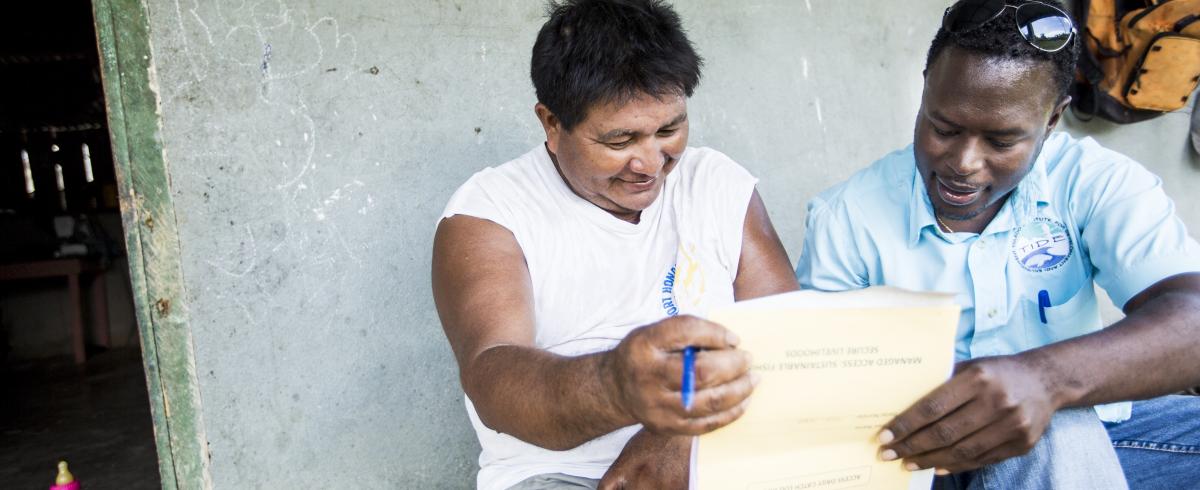The Tun Mustapha Compliance Plan
The Tun Mustapha Marine Park (TMP) is home to mangrove forests, sea grass beds and coral reefs all of which serve as a critical breeding ground for resident marine species, as well as migratory species such as whale sharks. In this report, we analyze the legal framework, competencies and jurisdictions of all marine enforcement agencies in order to design an enforcement system for the TMP project that is practical, affordable and feasible to implement over a four-year timeframe.

